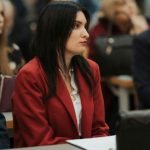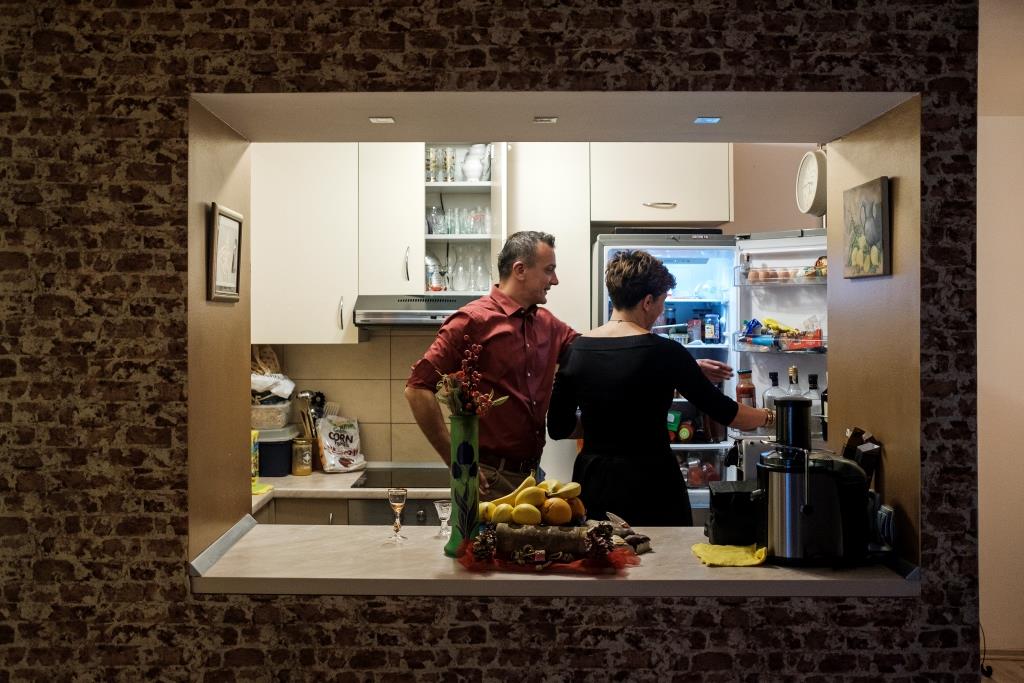
Maja Gasal Vražalica, age 37, and Sanjin Vražalica, age 44, from Sarajevo grew up in Berlin, Germany due to the war in Bosnia and Herzegovina in the 1990s. They met there as children.
Childhood in Berlin
Sanjin’s family fled from Sarajevo, and Maja’s from Livno. They lived in the same neighborhood in Berlin when their friendship began. Sanjin was 16 at the time and Maja was 9 years old. After some time, their families returned to their Bosnian hometowns, maintaining contact all the while. Maja moved to Sarajevo for her studies, renewing her acquaintance with Sanjin.
Renewed acquaintance and a fateful meeting in Sarajevo resulted in marriage. Today, they live and work in Sarajevo, counting 13 years of happy marriage. They have a twelve-year-old son, Sergej.
Sanjin says that Maja is “a person with a strong sense of justice,” who is ready to help anyone “even at the expense of herself.” According to Maja, Sanjin is “beautiful, handsome, positive, flexible, open, emotional…a family man.”
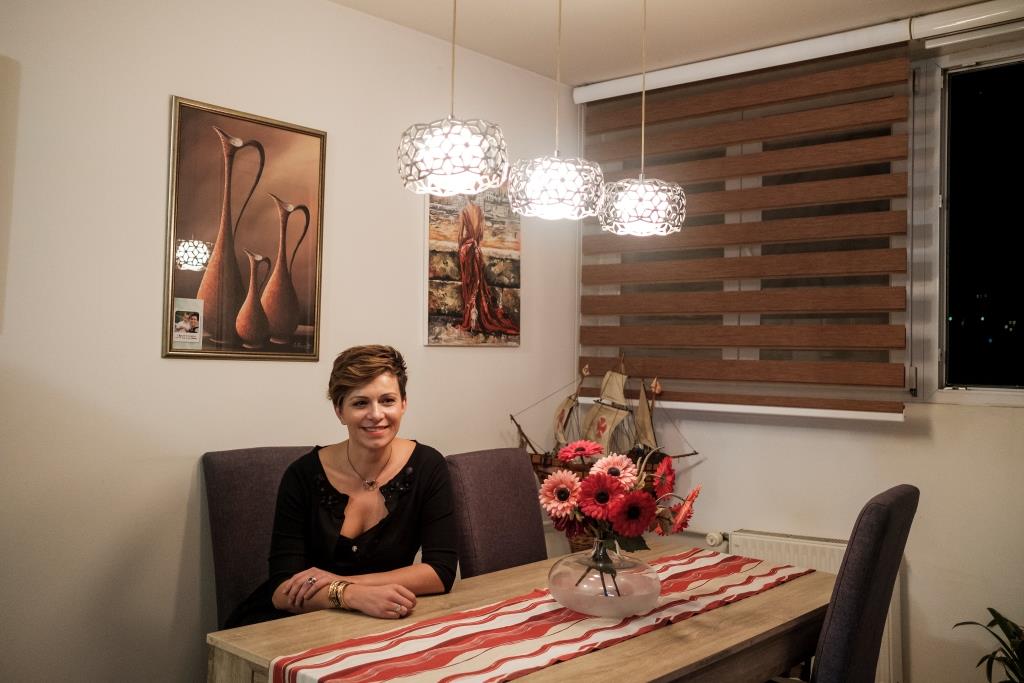
They Did Not Think About Ethnicity While Choosing A Partner
Maja realized very early on that she would never think about ethnicity when choosing a partner. She was sure of it after returning from Berlin to Livno, where her family is from.
“A spark of revolt or [strong] emotion awakened in me when I realized that people here do not choose love for love, but the most important thing for them is ‘what your ethnicity is.’ I realized I could never be a spouse in a ‘pure’ ethnic marriage.”
Their parents are also in multiethnic marriages. Maja’s father is a Muslim and her mother a Catholic, and Sanjin’s father is a Muslim, and his mother is Orthodox.
“I cared more about emotional and physical attraction, although what she mentions was very important to me as well. Ethnicity is a more intense issue in Livno, as it is a smaller city,” adds Sanjin.
Sanjin says that of all the challenges they have faced, the greatest occurred right before their marriage.
“Three days before the wedding, nothing was done completely and everything was hanging in the air. So, I organized everything, which was exhausting. The wedding was at 10 a.m., and she arranged for a photo shoot around 9 a.m. and I could not sleep at all. She got dressed and was really beautiful, and I was on my last legs. And the photographer says, ‘smile,’ and I couldn’t smile because I looked like nothing,” Sanjin recalls.
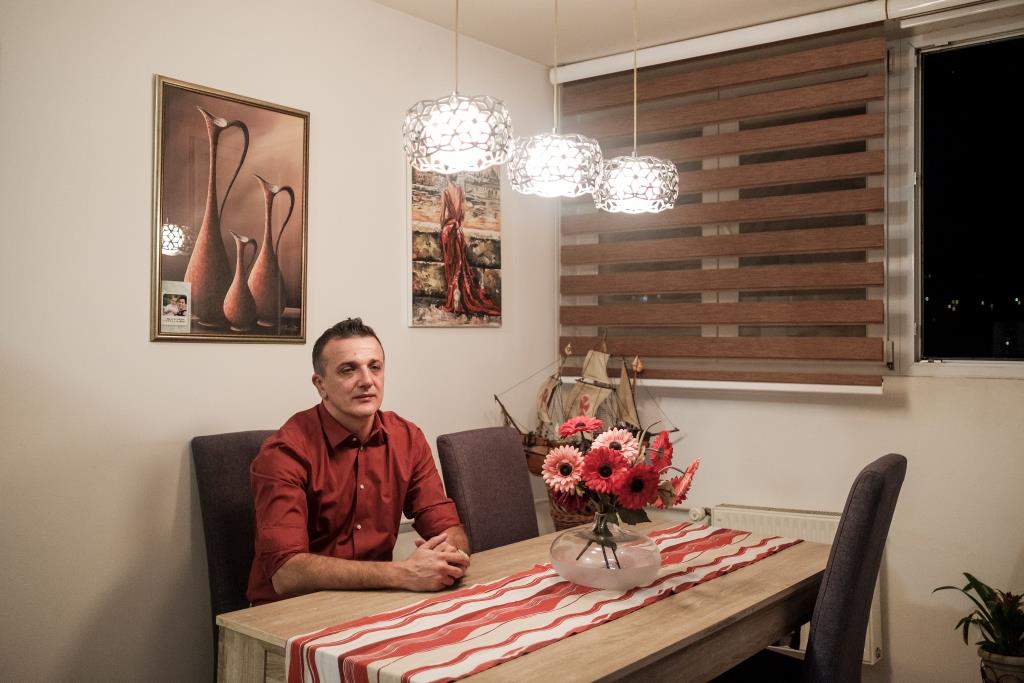
They Returned To A Divided Bosnian Society
Maja and her sister grew up in an open-minded family, with respect and love for others. But after the war, upon their return to BiH, they came to a community where they were first asked “what they are” and “who they will choose to be.”
Maja says that these questions burdened her. Love for her is not, as she says, converting someone to your own religion. That would restrict their freedom. “And maybe that’s why I liked Sanjin at the first place, apart from the fact that we knew each other for so long. That helped with our relationship. In addition, there was certainly physical and emotional attraction, which helped,” adds Maja.
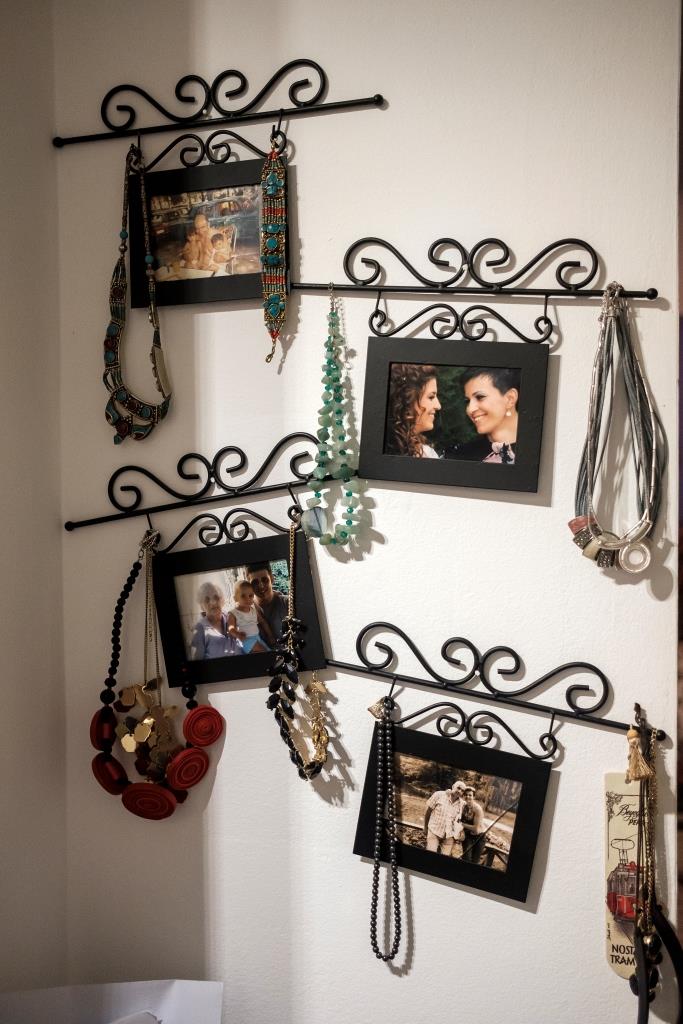
A Marriage In Which You Keep Your Individuality
She knew that Sanjin’s family wouldn’t ask them whether they’d have a religious wedding, or whether they’d baptize or circumcise their kids.
She says that it was a relief to be in a marriage where she can keep being who she is. “As a child growing up in a mixed marriage, and as someone who is in such a marriage, that understanding is very positive, something that has contributed a lot for us in terms of openness with each other, empathy and respect for each other and our differences,” says Maja.
They state that it is important for their son to decide things in his life for himself. “Our child can be anything he thinks he wants to be, after reading all the books he needs and creating his own culture, religion, and so on. It will never be a problem for us to accept whoever he presents to us tomorrow, his chosen one or a friend,” says Maja.
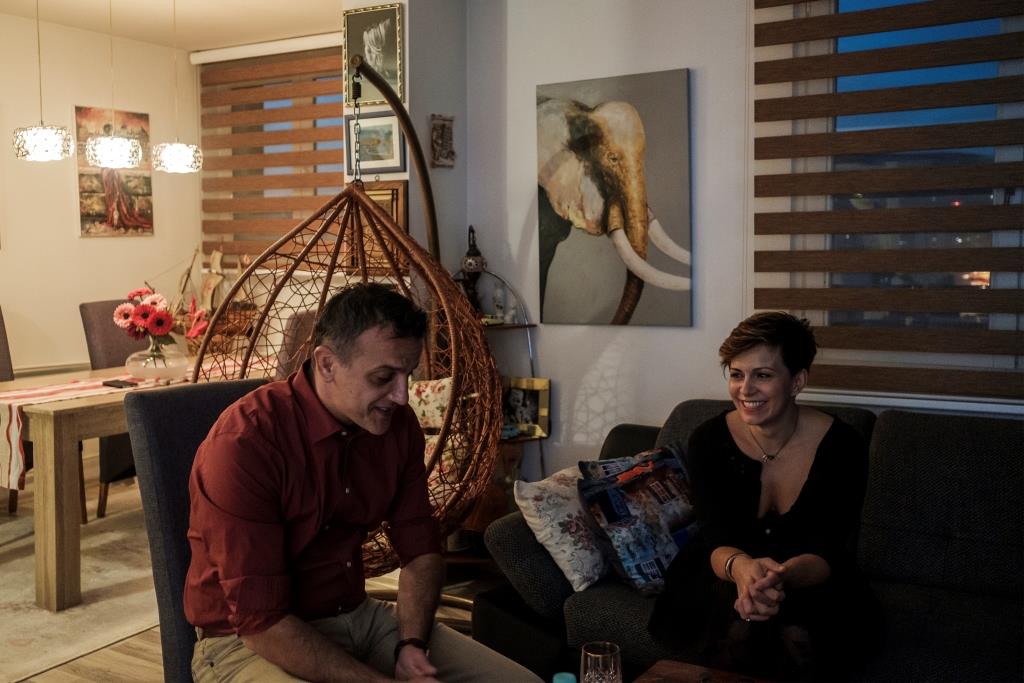
Tolerance And Coexistence Are Not Encouraged Enough In New Generations
Sanjin says that Maja was always politically active, and that he sees the difference between her early activism and her work today. He points out that through her entering politics he saw everything she encountered in the state parliament. Since then, all his hopes that it is possible to significantly change the situation in the country have been shattered.
They believe that the promotion of multiculturalism, tolerance, and coexistence in the media, but also in social and political life, is less and less present. “When I think of current cultural and political developments, I am worried. The actors who shape our destiny have become so arrogant. Everything is so disgusting. I can say that I do not notice positive promotions of these values. But in my small world, there are healthy topics, healthy communication and a healthy, critical view of things around us,” says Sanjin.
Maja, on the other hand, states that support for multiethnicity occurs exclusively through non-governmental organizations and international organizations that want to connect it with reconciliation, inclusion, and the building of a democratic society.
“Nowadays all institutions and educational programs are seemingly for tolerance, and the entities and cantons have their own separate programs. Even reading list in schools across one canton is different. We are all aware of this. We tacitly agree with it, building our own small world. But I think that the generations to come are more radical towards inclusion, even in the marital sense, than we were in the 1990s. These kinds of marriages are not promoted. This project shows that we are an exception in society,” explains Maja.
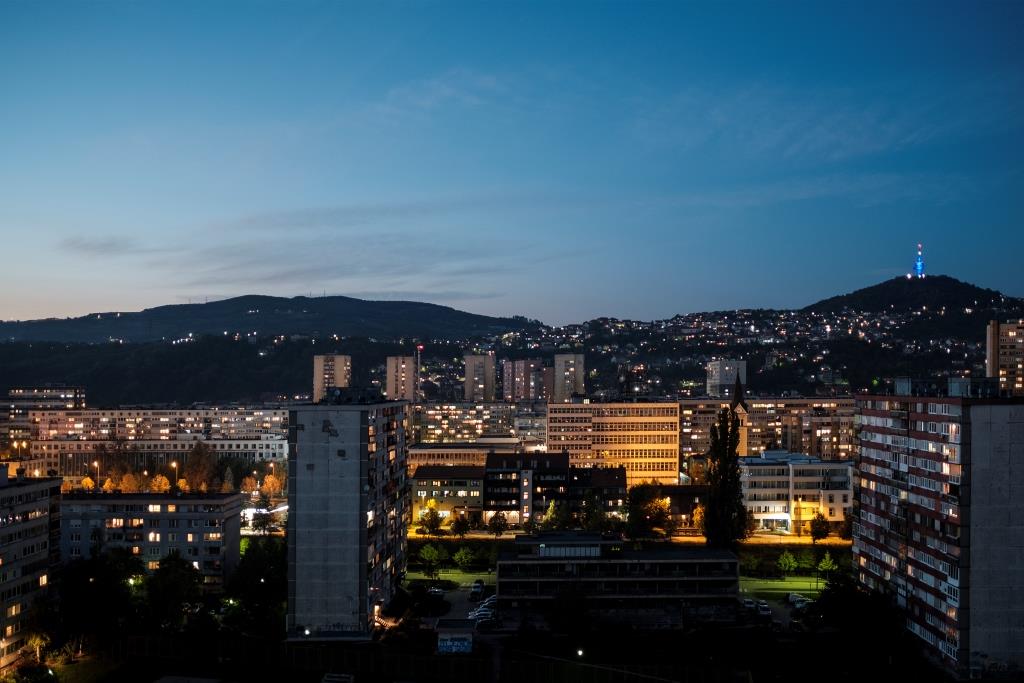
Challenges Of Raising A Child In A Divided Society
Maja believes that it was easier for their parents to be in a multiethnic marriage than to convert to another religion.
“We have always hung out with people who are tolerant and have not experienced any condemnation. But what I have noticed through Sergej’s upbringing and education is that Sergej is a minority,” explains Maja.
She speaks about the negative experience of their son, who has been labeled by his peers.
“He grows up and goes to school in the capital. But he is called a Serb in the park because of his name. At the beginning he was confused about why he would be called like that. On the other hand, he had a situation where he was called ‘gay’ because his name ends up with ‘gej.’ He wanted to change his name after that.”
“Both of us have dynamic jobs. I’m often on the road, and Maja on the other hand is very busy. Sometimes it looks pretty hectic. Sergej has already grown up, so he stays home alone, and I drive him to training. I would say that we have a completely normal day like all other families,” says Sanjin.
Maja states that in addition to what she does, she tries to spend time with Sanjin and Sergej, but also with their family scattered around the world. She spends a lot of time re-educating their son because the school curricula is limited.
“Textbooks do not encourage critical thinking, and parents who do not want their children to stay within the present framework must invest a lot in their child through conversation. It requires continuous work, frustration, especially for me who finished primary school in Germany in an open system. There was talk on acceptance, sex education, reproductive organs, contraception…” Maja explains in detail.
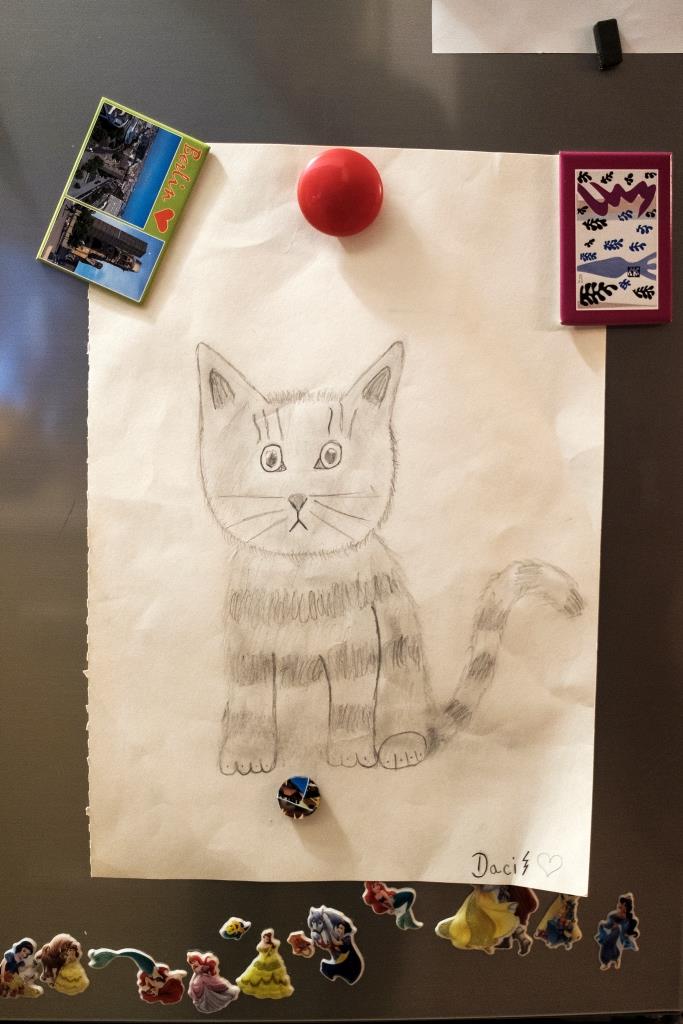
The Secret To A Successful Marriage
Maja points out that the key to their successful marriage is the absence of discrimination. There is just love and passion. “I would not know how to deal with oppression in a marriage or where I am not accepted as a person with my own views. In a broader context, the secret lies in non-nationalism, family support, and respect.”
Sanjin says that it is necessary to build an equal partnership. “This is a partnership. I was raised to help my partner. We help each other.”
He points out that it is worth fighting for family because, as he says, it is an essential foundation from which every person grows.
“The family should not just be for the sake of marriage. We are taught that when we get married, we have to put up with everything because that is the life we chose. I think it is worth fighting for respect, equal partnership, and freedom for both partners in every sense. Regardless of marriage, everyone has their own life with their friends, family, so it’s not ‘just me and him,’” adds Maja.
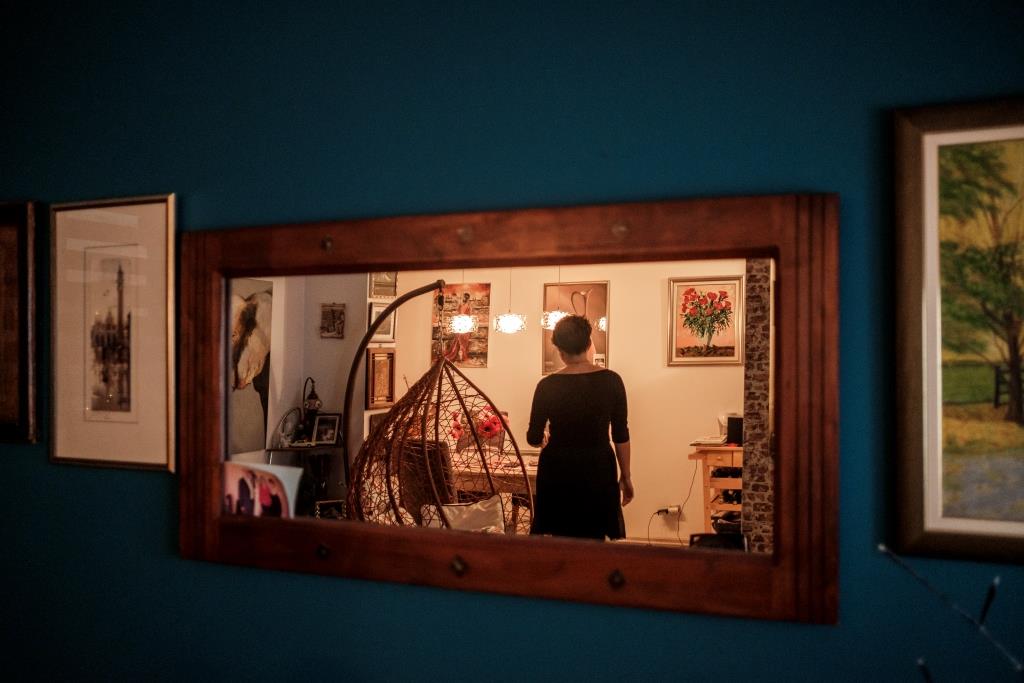
It Is Necessary To Be Open To The ‘Other’ And The ‘Different’
Young people are told that they do not need to look at who is who and to break free from the shackles of tradition and family, which, they believe, would prevent them from living their lives fully.
“The most basic message is not to be limited, because that is disastrous, especially in our community. To be ready for something different, to be open, communicative, and exchange experiences with each other is what we need to be,” concludes Sanjin.
Although Maja believes that their son will not continue his life in Bosnia and Herzegovina, the family’s fighting spirit, activism, and experience so far can make a change. Maja and Sanjin are proof of how people who return to BiH and apply their knowledge can cope with the system for a better tomorrow. They are examples of how love is not defined by what is written on a birth certificate.
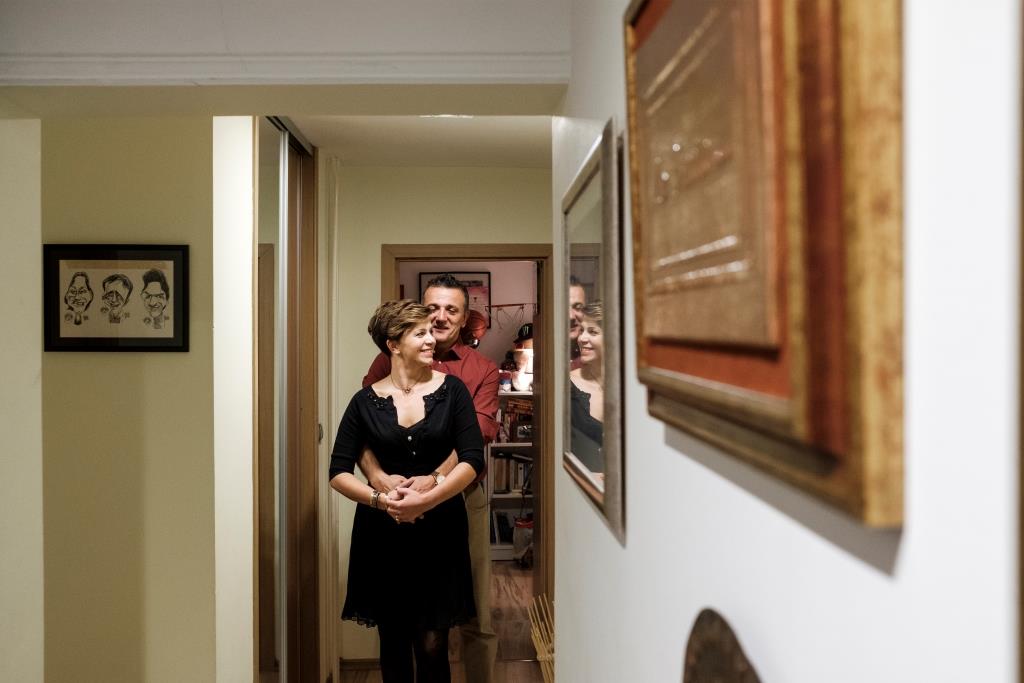
Text editing: Balkan Diskurs team; Photography: Mitar Simikić; Photo Editor: Dr. Paul Lowe.
This story is part of the “Love Tales” project implemented by the Post-Conflict Research Center (PCRC) with a group of Balkan Diskurs youth correspondents. The project is implemented with financial support from the VII Academy, the BOLD program of the US Embassy in BiH, and PCRC’s core grants, with the aim of challenging the common narrative that real connections between Bosnia’s different ethnic groups are unattainable by documenting stories of successful interethnic relationships across the country.



